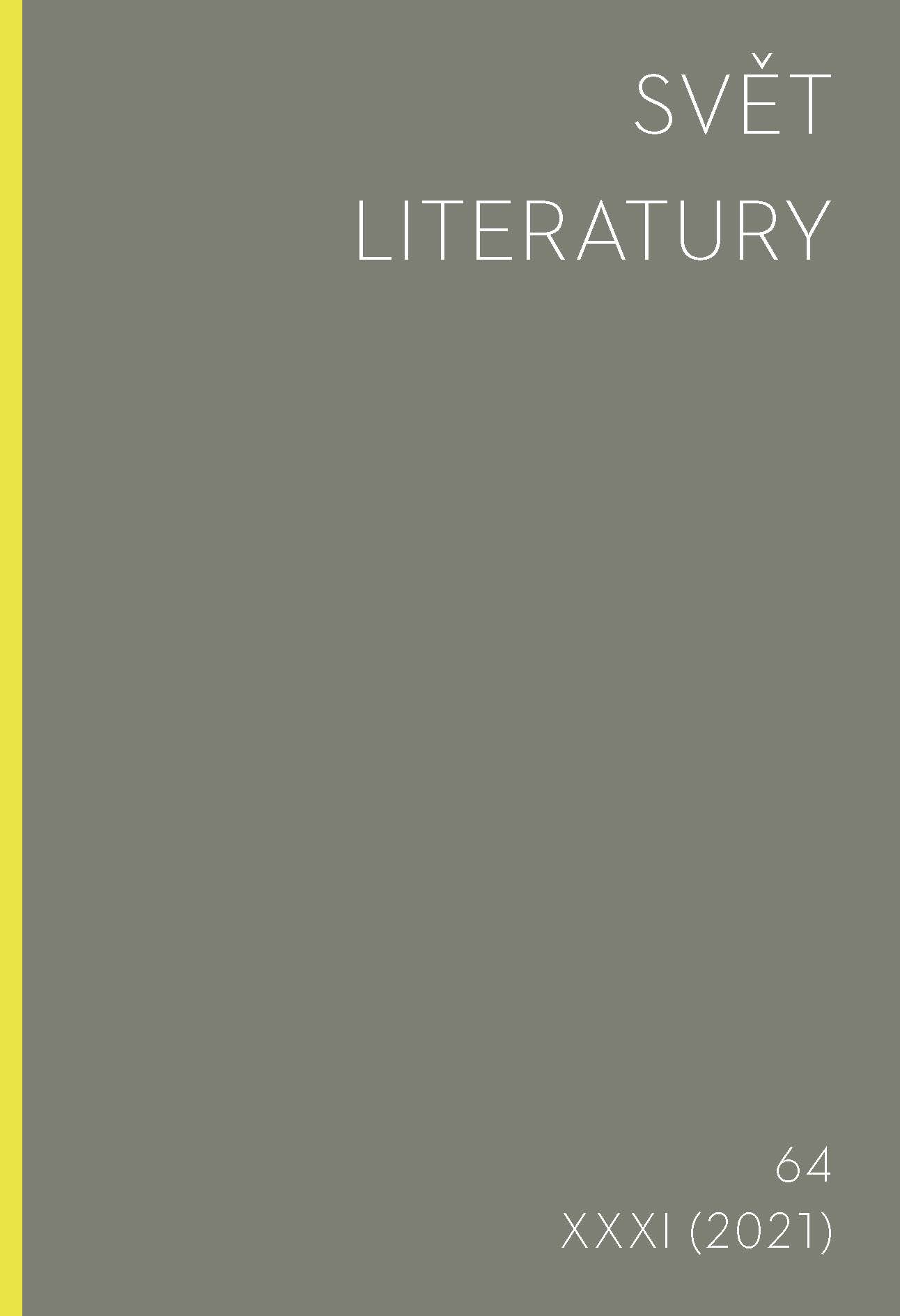Vyprávění mezi empatií a vraždou Ian McEwan a jeho román Pokání
Narratives between empathy and murder. Ian McEwan and his Atonement
Author(s): Jakub ČapekSubject(s): Studies of Literature
Published by: Univerzita Karlova v Praze - Filozofická fakulta, Vydavatelství
Keywords: Narrativity; forgiveness; new atheism; Ian McEwan; empathy; morality; temporality
Summary/Abstract: While the human capacity of storytelling constitutes an important meta-textual motif in several of McEwan’s novels, Atonement (2001) is his prominent story about storytelling and its moral value. McEwan has at times suggested that narrative imagination can help us enter other people’s lives and thus forms a pre-condition for any contemporary morality. The article reads Atonement as an attempt to put this belief in narrativity to the test. Moreover, it addresses the role played by non-literary narratives in the self-understanding of individuals and groups. When asking how deeply narrative we are according to McEwan, the present article suggests that the key distinction the novel Atonement enables us to draw is not the one between the “narrativist” and “anti-narrativist” approach, but between two complementary experiences of time whose interplay makes our life unstable and prone to failures.
Journal: Svět literatury
- Issue Year: XXXI/2021
- Issue No: 64
- Page Range: 9-24
- Page Count: 16
- Language: Czech

